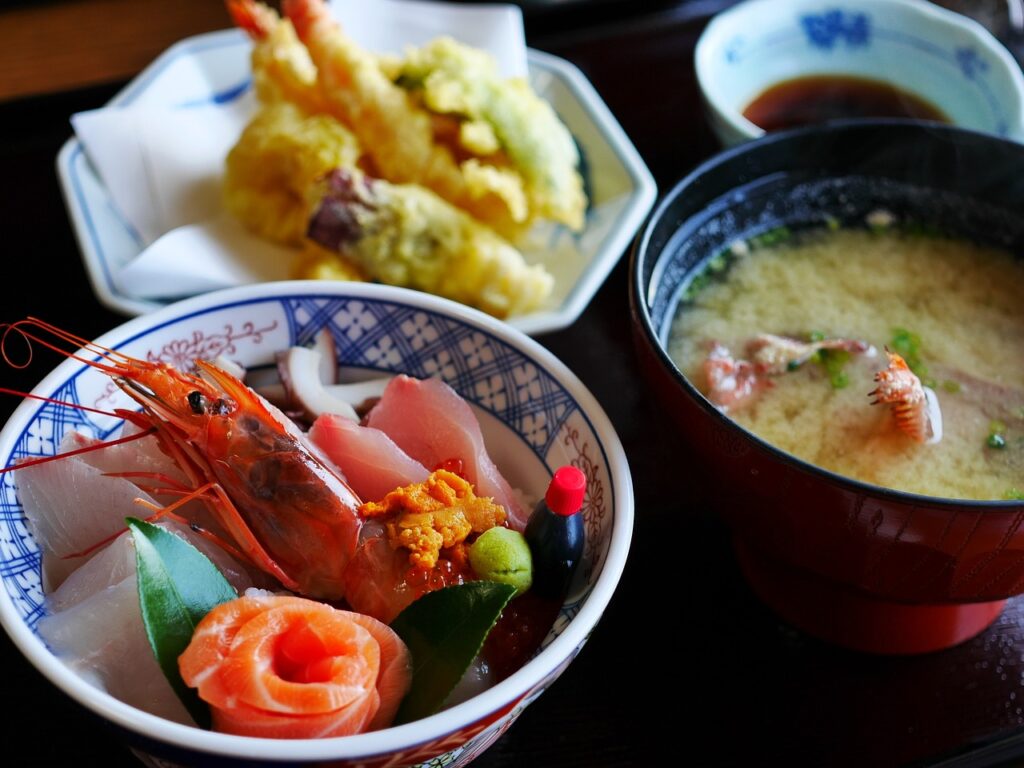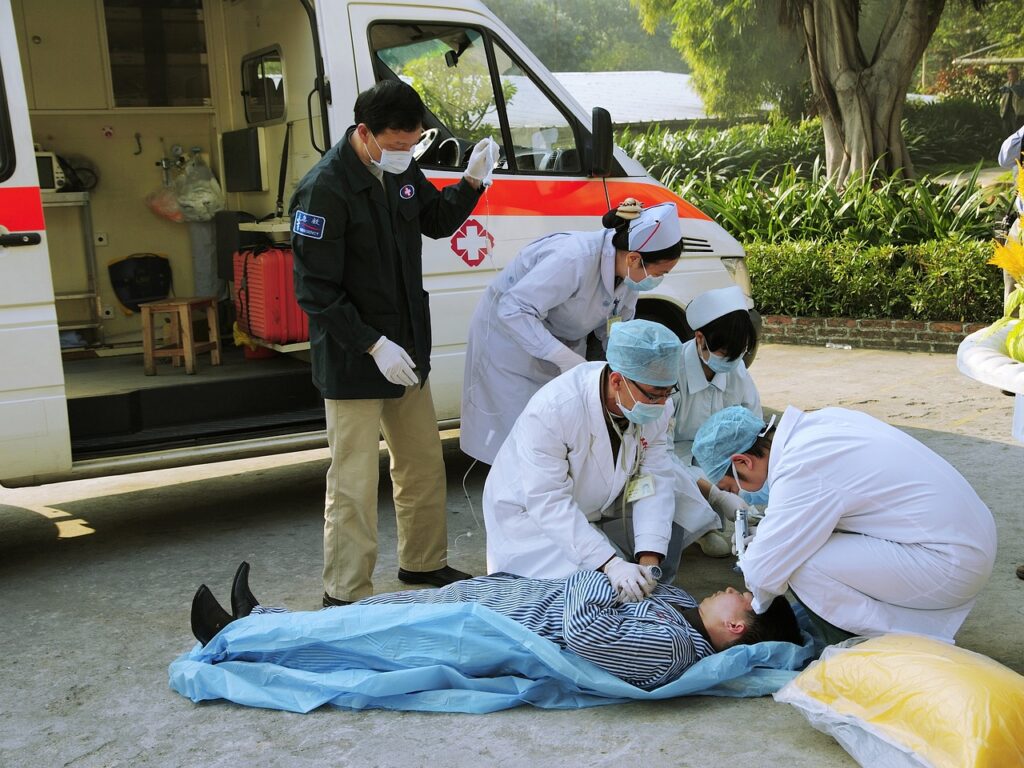Traveling to Japan is an exciting adventure, filled with unique cultural experiences, stunning landscapes, and delicious cuisine. To make your trip smoother and more enjoyable, learning some basic Japanese phrases can go a long way. Here’s your ultimate guide to essential Japanese phrases for travelers, ensuring you can navigate, communicate, and immerse yourself in the local culture with ease.
Why Learn Basic Japanese Phrases?
While many Japanese people understand and speak some English, especially in major cities, learning basic Japanese phrases shows respect for the local culture and can enhance your travel experience. It can help you with:
- Navigating public transportation
- Ordering food in restaurants
- Asking for directions
- Shopping and bargaining
- Making new friends
Greetings and Basic Etiquette
1. Hello/Good Day
- Konnichiwa (こんにちは)
- Use this during the day to greet people politely.
2. Good Morning
- Ohayou gozaimasu (おはようございます)
- Use this in the morning until around 10 AM.
3. Good Evening
- Konbanwa (こんばんは)
- Use this in the evening after 6 PM.
4. Goodbye
- Sayonara (さようなら)
- Use this when parting ways.
5. Thank You
- Arigatou gozaimasu (ありがとうございます)
- Use this to express gratitude politely.
6. Excuse Me/I’m Sorry
- Sumimasen (すみません)
- Use this to get someone’s attention or to apologize.
7. Please
- Onegaishimasu (お願いします)
- Use this when making a request.
Directions and Transportation

1. Where is…?
- … wa doko desu ka? (…はどこですか?)
- Example: Eki wa doko desu ka? (駅はどこですか?) – Where is the train station?
2. How much is it?
- Ikura desu ka? (いくらですか?)
- Use this when shopping or paying for services.
3. I don’t understand.
- Wakarimasen (わかりません)
- Use this if you don’t understand something.
4. Do you speak English?
- Eigo ga hanasemasu ka? (英語を話せますか?)
- An important phrase, use this to find someone who speaks English.
5. Ticket
- Kippu (切符)
- Use this when purchasing train or bus tickets.
Dining and Food

1. I would like to order…
- … o kudasai (…をください) or …onegaishimasu
- Example: Sushi o kudasai (寿司をください) – I would like to order sushi.
2. Check or bill, please.
- Okaikei o onegaishimasu (お会計をお願いします)
- Use this to ask for the bill.
3. Is this vegetarian?
- Kore wa bejitarian desu ka? (これはベジタリアンですか?)
- Use this if you follow a vegetarian diet.
4. Water
- Mizu (水)
- Use this to ask for water.
5. Delicious
- Oishii (美味しい)
- Use this to compliment the food.
Shopping and Bargaining
1. How much is this?
- Kore wa ikura desu ka? (これはいくらですか?)
- Use this when asking for the price of an item.
2. Can I try this on?
- Shichaku shite mo ii desu ka? (試着してもいいですか?)
- Use this when trying on clothes.
3. Do you have this in another size?
- Hoka no saizu wa arimasu ka? (他のサイズはありますか?)
- Use this to ask for different sizes.
4. I’ll take it.
- Kore o kudasai (これをください) + pointing to the object as this translates to ‘This please.’
- Use this when making a purchase.
5. Can I get a discount?
- Waribiki dekimasu ka? (割引できますか?)
- Use this when bargaining for a better price.
Emergencies and Assistance

1. Help!
- Tasukete! (助けて!)
- Use this in case of an emergency.
2. Call the police.
- Keisatsu o yonde kudasai (警察を呼んでください)
- Use this to ask someone to call the police.
3. I’m lost.
- Mayoimashita (迷いました)
- Use this if you are lost and need directions.
4. I need a doctor.
- Isha ga hitsuyou desu (医者が必要です)
- Use this if you need medical assistance.
5. Is there a hospital nearby?
- Byouin wa chikaku ni arimasu ka? (病院は近くにありますか?)
- Use this to ask for where the nearest hospital is.
Final Thoughts
Learning basic Japanese phrases can significantly enhance your travel experience in Japan. It not only helps you navigate daily interactions more smoothly but also shows respect for the local culture. Practice these phrases before your trip, and don’t be afraid to use them during your travels. The Japanese people appreciate the effort and are generally very helpful and patient with visitors.
Happy travels!
Check out our other Japan-related posts here.


